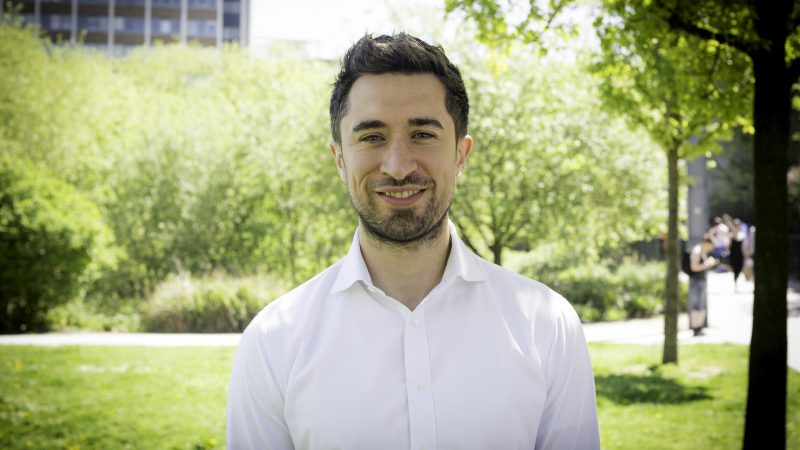
The racial bias in the UK’s drug laws cannot be ignored and has only become worse with Covid-19. Figures from the Ministry of Justice show that in 2018-19 one in five of those found guilty of cannabis possession in England and Wales were Black, while Black people only make up 3% of the population. It is shocking, but sadly not surprising, that according to the Metropolitan Police’s own figures Black Londoners are nearly four times as likely to be searched for drugs than white Londoners.
Black Lewisham residents have shared their traumatic experiences of stop and search with me. Many feel targeted just because they’re Black. And the numbers back them up: in Lewisham, stop and search for drugs has risen by 144% compared to this time last year. It is important to remember that the police will not find anything in the vast majority of searches, and when they do it is overwhelmingly for small amounts of cannabis worth less than £25.
This is clearly wrong – not just damaging relationships between the police and the local communities, but also showing that Black and white residents are policed differently. When I’m walking down the street and see police officers. I feel safe and reassured, yet so many Black people will feel worried about the very real prospect of a humiliating, public stop and search.
I have also been surprised when police officers have privately told me of their frustration around having to enforce antiquated drug laws that they see as draconian and damaging to their relationships with the community – especially when it comes to cannabis. It’s clear that we need a new approach in this country that treats drugs as a health issue, not a criminal justice issue.
On a visit to Lewisham’s youth offending service, I was surprised to learn that 49 children, nearly a child a week, had been sent to them from the courts for first time drug offences last year. 43 of those 49 children were from a BAME background. At first, I assumed these children were somehow caught up in drug dealing or in Class A drugs, but then I learnt that in most cases they had been found with cannabis.
And our drug laws create the conditions for criminal gangs to thrive, with the illicit drugs market worth an estimated £9.4bn a year. Production of drugs is known to be closely linked with modern slavery and exploitation of vulnerable young people across the country. There are 27,000 young people who identify as gang members, while 2,000 teenagers from London are linked to county lines.
We need a grown-up conversation about drugs and we need to look at what’s happening around the world where other approaches are already being taken. Around 60% of all stop and searches in England and Wales are for drugs. If the UK followed Canada and states in the US in legalising cannabis, we could see a significant reduction in the stop and search practice that we know currently disproportionately impacts BAME, and particularly Black, communities.
There is evidence to back this up – states in the US that have legalised cannabis have seen dramatic reductions in the number of vehicle searches compared to states that haven’t. There is no reason for which legalising cannabis would not see a similar reduction in the level of stop and search here in the UK, and it would help to address the racial bias in the UK’s policing.
We should also introduce social equity programmes like many cities have done in the US. They provide additional support to individuals who want to open cannabis businesses and have been disproportionately impacted by the criminalisation of cannabis. These progressive reforms can ensure that everyone is treated the same under the law and that the young people I speak to can go out with their friends without the fear of being stopped and searched.
Although it was never intended to be the case, the reality is that the UK’s drug laws are racist, with their enforcement being disproportionately applied especially to our Black communities. I will continue to campaign to change the UK drug laws, and I hope Labour members across the country will join me.




More from LabourList
‘Tackling poverty should be the legacy of Keir Starmer’s government’
‘The High Court judgment brings more uncertainty for the trans community’
‘There are good and bad businesses. Labour needs to be able to explain the difference’